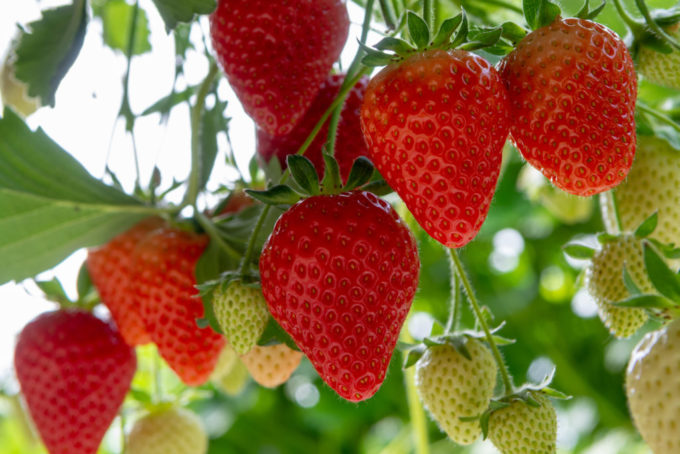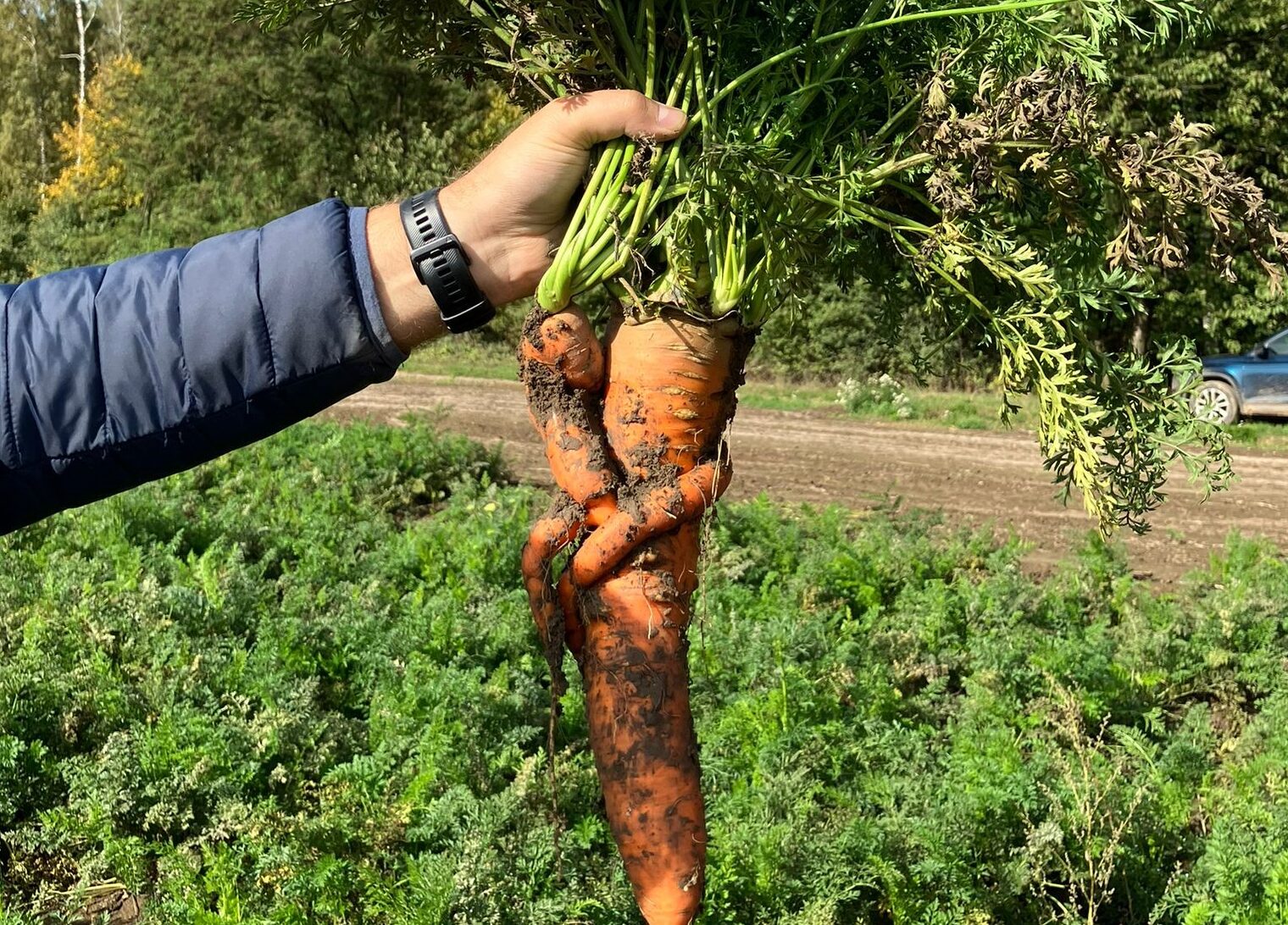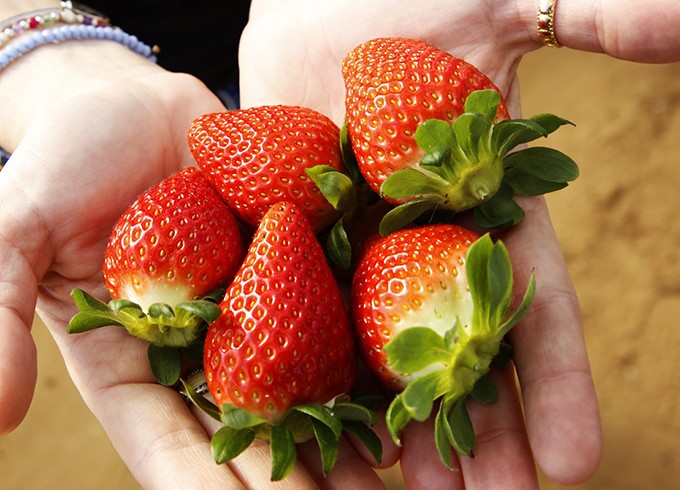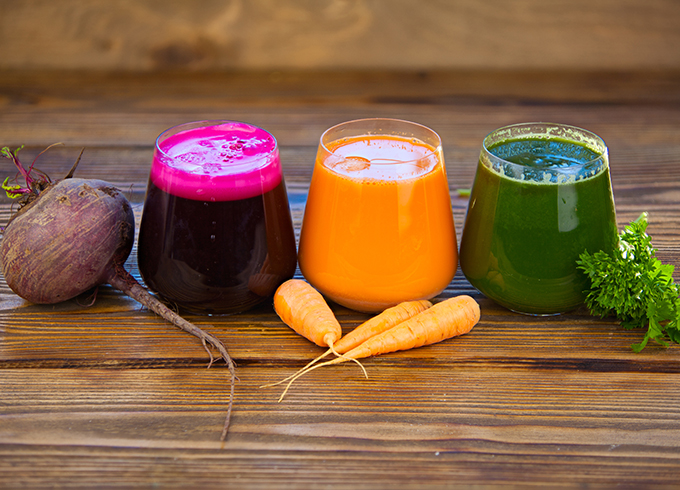Discovering Frutas Esther’s water and soil initiatives with Cristobal Candel

For those who missed the first edition of our new farmer interview series, we are talking to our partners in Spain to understand how they produce more sustainable ingredients for both people and planet.
In the hot seat today is Cristobal Candel, Operations Manager from Frutas Esther. So, where did it all begin and how is the cooperative tackling today’s agricultural challenges? Let’s get stuck in!
- Tell us a bit about Frutas Esther.
Frutas Esther S.A. is a family run company founded by Gerardo Gómez Milanés and two partners in the region of Murcia back in 1969. Fast forward to 1989, and we expanded our production and packaging area to the neighbouring region of Andalusia. This is where Frutas Esther became one of the pioneering Murcian companies for producing and marketing berries. It all started with strawberry cultivation, but we’ve since been able to expand to raspberries in 2017 and blueberries in 2018 – so we are growing healthily!
To give you a better idea of our size, we have a cultivation area of 74ha, of which 52ha are for strawberries, 18ha for blueberries and 4ha for raspberries. We also have a handling warehouse located in the centre of the farm within the 5,000 m2 building which is very beneficial to us in minimising transportation costs and, more importantly, emissions.
I’m responsible for berry delegation, and my day-to-day role includes planning, directing and coordinating a range of departments, guaranteeing production fluidity across all levels. It’s great to be involved at every stage of the process and I’m lucky that every day is never the same as the one before!
- What are the most relevant sustainability topics for Frutas Esther and what are you currently doing to help in those areas?
Sustainability is our priority and we believe it should be the same for any farmer, as we totally depend on the climate and natural resources such as soil and water. In that sense, the care, protection and effective management of these is a necessity and something we take very seriously.
Every sustainability topic is important, but the most crucial for us is water and soil management as it’s at the heart of everything we do. Water is one of the scarcest natural resources, especially in the south of Spain, and so minimising water use is a priority on our agenda. We use hydroponics in cultivations such as blueberries to increase our quality, reduce labour time and decrease the use of chemical herbicides and pesticides. This method also helps us to minimise our water use – and we are able to reuse the water that plants do not use in the first instance.
With our other cultivations, we focus on efficient soil control to avoid degradation and any consequent loss of quality. Also, the respect of native, pest-fighting insects is important to us as it’s a sustainable tool to boost crop growth in a safe way, while reducing waste. We have also increased the planting density for some of our crops to make soil, water and fertiliser usage more efficient. Take our irrigation systems and monitoring equipment, for example, which have an alarm system that measures water to prevent overconsumption and damage to the crops. This system also reduces soil contamination and therefore protects the crops.
Climate change has a huge impact on farms in the region. We try to adapt as much as possible to manage our production in the most sustainable ways with the initiatives and improvements mentioned above. We will continue to develop future projects in this regard to help contribute to a greener world – it’s our duty to fulfil and we have many plans to achieve this!
- How are your initiatives performing?
All sustainability initiatives take a lot of planning and trialling before they become a fully integrated part of the company. We have to know that it is 100% worth implementing and that it will truly make even the smallest difference. Looking at our current initiatives, we’re very satisfied with the implementation and progress of the new irrigation monitoring and optimisation system in hydroponic cultivation. We’ve cut our water usage by 20% and no longer need to sterilise the soil, which has been beneficial to the product quality too.
Everything that we have implemented so far has been encouraging and we’re still discovering new ways of working which is exciting. We’re also constantly assessing the performance of our initiatives as we want to be as efficient as possible – and you have to keep on top of these things to do so!
Don’t miss part two of this interview where we take a closer look into hydroponic systems and discuss the social aspects of sustainability at Frutas Esther.


